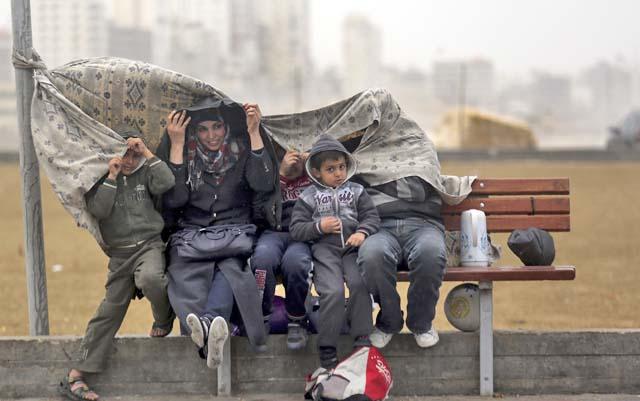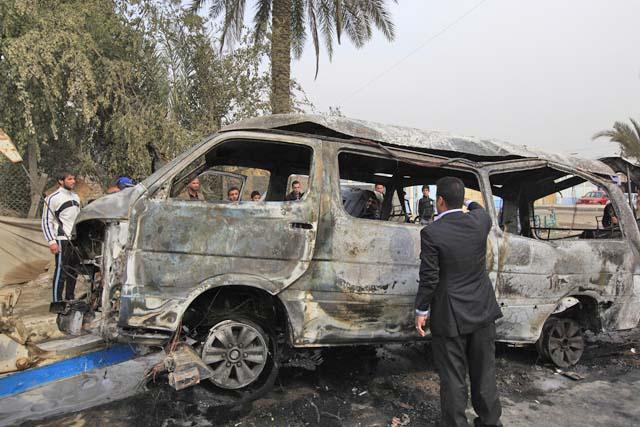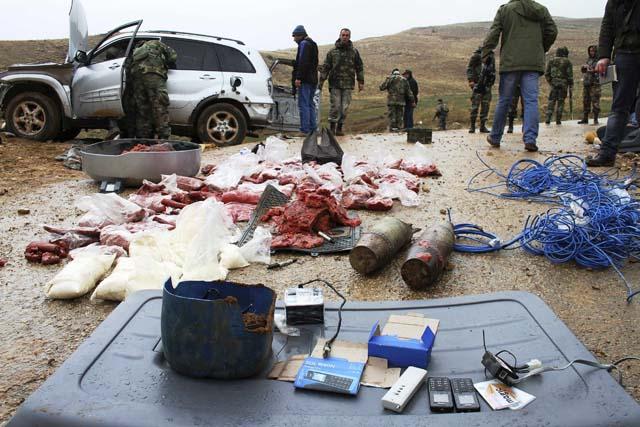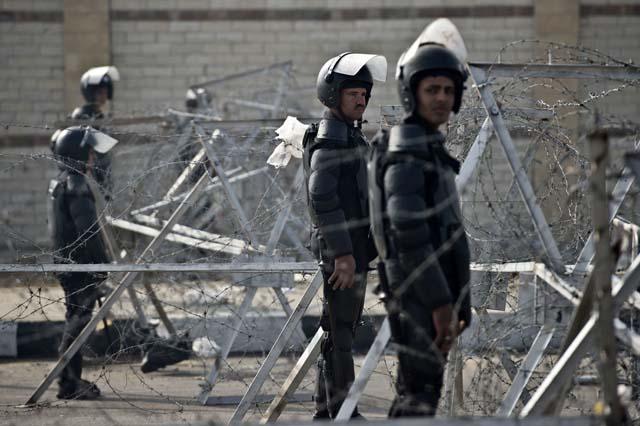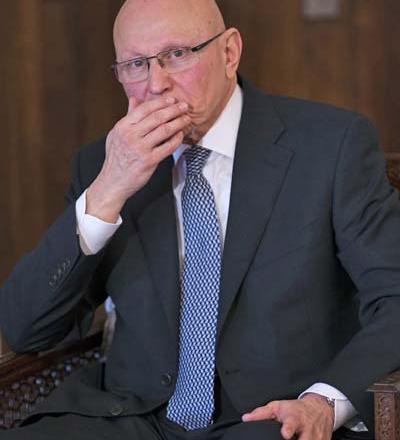VIENNA — Iran and world powers embark Tuesday on the Herculean task of transforming their interim nuclear deal into a long-term accord satisfying all sides and silencing talk of war for good.
After a decade of failure and rising tensions, US President Barack Obama has put the chances of an agreement at “50-50”, while Iranian Foreign Minister Mohammad Javad Zarif has predicted “difficult” discussions.
Getting a deal could also help bear fruit in other areas, not least in the three-year-old Syrian civil war where Tehran has staunchly backed President Bashar Assad.
The scheduled three-day meeting in Vienna between Iran and the United States, China, Russia, Britain, France and Germany — the so-called P5+1 — is the first in what is expected to be a series of tricky encounters in the coming months.
It comes after foreign ministers struck a breakthrough deal in Geneva on November 24 that saw Iran agree to curb — for six months — some of its nuclear activities in exchange for minor relief from painful sanctions.
That agreement, which came into force on January 20, extends the theoretical “breakout time” needed by Iran — which denies seeking the bomb — to produce enough highly enriched uranium for a nuclear weapon.
In return Iran is due to get over the six months some $6-7 billion in sanctions relief, including $4.2 billion in assets frozen in overseas bank accounts. It was also promised no new sanctions.
But Iran’s freeze is only temporary — although it can be extended — and the bulk of sanctions remain, continuing to deprive Iran of billions of dollars in oil revenues every week.
Under the “comprehensive” deal now being sought, which the parties aim to conclude and commence implementing by November, the powers will want Iran to scale back its activities permanently.
These might include closing the Fordo facility, slashing the number of centrifuges enriching uranium, cutting its stockpile of fissile material and altering a new reactor being built at Arak, diplomats say.
This, plus tighter UN inspections, would not remove entirely Iran’s capability to get the bomb but it would make it substantially more difficult — “impossible”, according to Obama.
Hard sell
In exchange, Iran would see all UN Security Council, US and EU sanctions lifted, but it remains to be seen whether it will accept the conditions.
Tehran has laid out a series of “red lines” including refusing to close down any nuclear facilities or to stop medium-level enrichment.
Iranian negotiator Hamid Baeedinejad told IRNA Sunday that Arak, which Western countries fear could provide Iran with weapons-grade plutonium, would be “one of the most important and difficult subjects” in Vienna.
He also said Tehran “will definitely not accept to be deprived from having the right to replace the existing centrifuges with the new and advanced ones”.
Iranian President Hassan Rouhani, a relative moderate whose election last year has helped thaw relations with the West, retains the backing of supreme leader Ayatollah Ali Khamenei — for now.
“I am not fully sure whether Khamenei himself is fully committed to this process yet,” Siavush Randjbar-Daemi, Iran and Middle East lecturer at Manchester University, told AFP.
Negotiators also have to take into account hardliners in the United States and in Israel, the Middle East’s sole if undeclared nuclear power, and also Sunni Arab monarchies in the Gulf.
Israeli Prime Minister Benjamin Netanyahu was sharply critical of last November’s accord, and Obama has had to fight hard to prevent Congress passing new sanctions on Iran.
“I think both sides would be willing to make compromises,” Richard Dalton, the former British ambassador to Tehran now at think tank Chatham House, told AFP.
“The trouble is that both sides have hard men outside the negotiating room who have to be satisfied.”
The Mehr news agency said that Zarif would meet on Monday evening with EU foreign policy chief and P5+1 chief negotiator Catherine Ashton for a working dinner.

